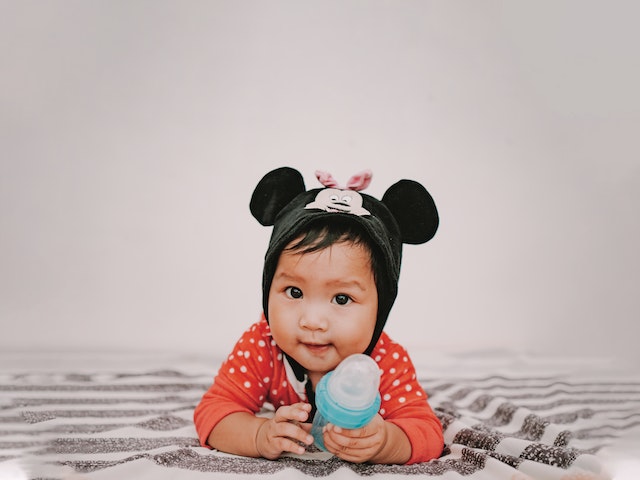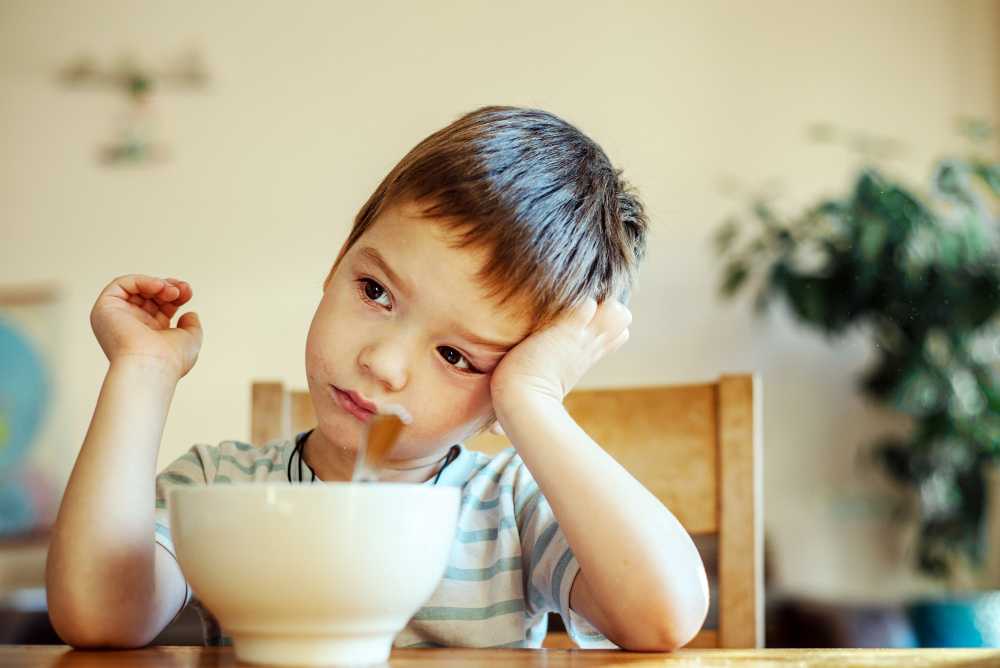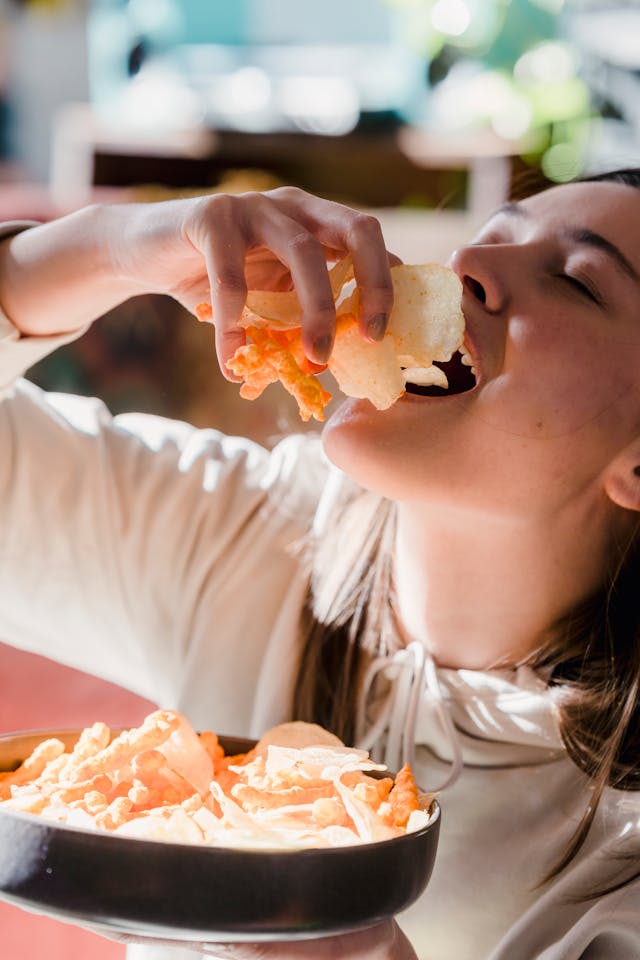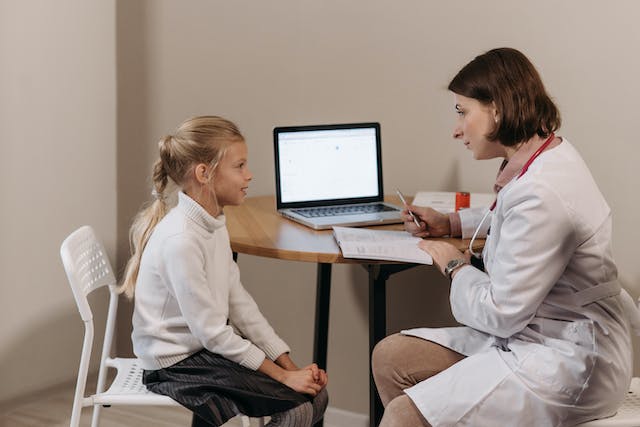Introduction
As parents, we always strive to provide the best care for our little ones.
One crucial aspect of toddler care is ensuring that feeding bottles remain clean
and safe.
Bottle infections in toddlers can lead to various health issues, making it vital to
adopt proper hygiene practices.
In this article, we will explore seven essential tips to prevent bottle infections in
toddlers, focusing on maintaining a clean and healthy feeding routine.
Choose BPA-Free Bottles
BPA (Bisphenol A) is a chemical found in some plastics that can potentially harm
your child’s health.
To reduce the risk of bottle infections, opt for BPA-free feeding bottles.
These bottles are designed to be safer and free from harmful chemicals that
may leach into your toddler’s milk or formula.
Regular Cleaning and Sterilization
Thoroughly cleaning and sterilizing feeding bottles is crucial in preventing
infections.
After each use, disassemble the bottle and wash all parts with warm, soapy
water.
Use a bottle brush to reach tight spots.
To ensure maximum hygiene, sterilize the bottles regularly by boiling them or
using a bottle sterilizer.
This helps eliminate harmful bacteria and pathogens.
Use Boiled and Cooled Water
The water used to prepare formula or dilute juices should be boiled and then
cooled to an appropriate temperature.
Boiling water kills harmful microorganisms that can cause infections.
Always use freshly boiled water to mix formula or make beverages for your
toddler to minimize the risk of contamination.
Check Formula Expiration Dates
Always check the expiration date on infant formula containers.
Using expired formula can lead to digestive issues and infections in toddlers.
Additionally, make sure to follow the recommended guidelines for mixing and
storing formula as provided by the manufacturer.
Store Bottles Properly
Proper storage is essential to maintain bottle hygiene.
After cleaning and sterilizing, store bottles in a clean, dry, and covered container
or rack.
Avoid leaving them out in the open or in a damp environment, as this can lead to
bacterial growth.
Avoid Prolonged Bottle Use
As your child grows, transition them from bottle feeding to sippy cups or regular
cups.
Prolonged bottle use can lead to dental problems and a higher risk of infections.
Gradually reduce bottle usage to ensure your toddler’s oral health and overall
well-being.
Regularly Inspect Bottles for Damage
Regularly inspect feeding bottles for signs of wear and tear, such as cracks or
damaged nipples.
Damaged bottles can harbor bacteria and are more challenging to clean
effectively.
Replace any damaged components promptly to maintain a hygienic feeding
routine.
Conclusion
Preventing bottle infections in toddlers is paramount for their health and well-
being.
By following these seven tips, you can ensure that your child’s feeding routine
remains clean and safe.
Choosing the right bottles, practicing proper cleaning and sterilization, using safe
water, checking formula expiration dates, storing bottles correctly, limiting
prolonged bottle use, and inspecting for damage will help safeguard your toddler
from infections and support their healthy development.
Your child deserves the best care, and these precautions can go a long way in
providing it.
![]()











